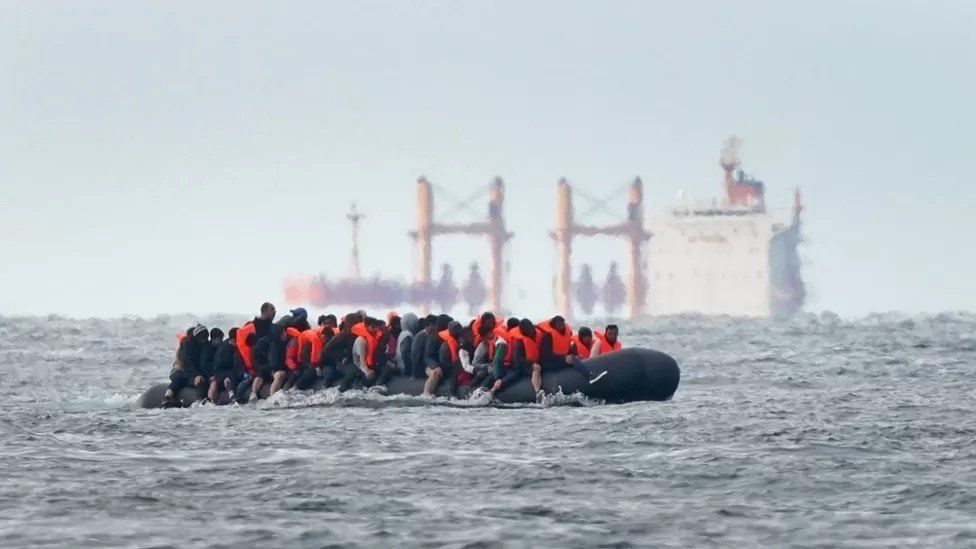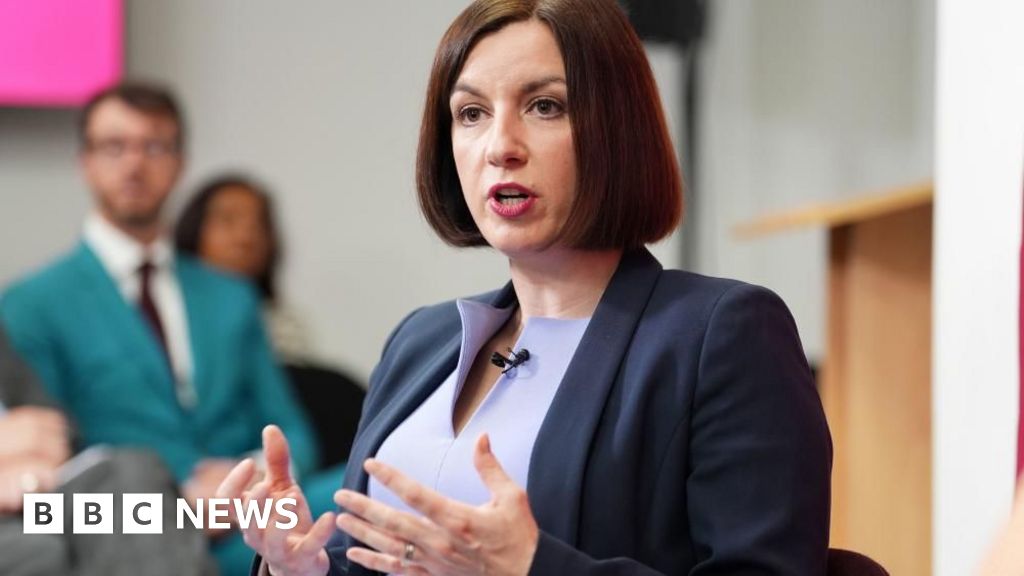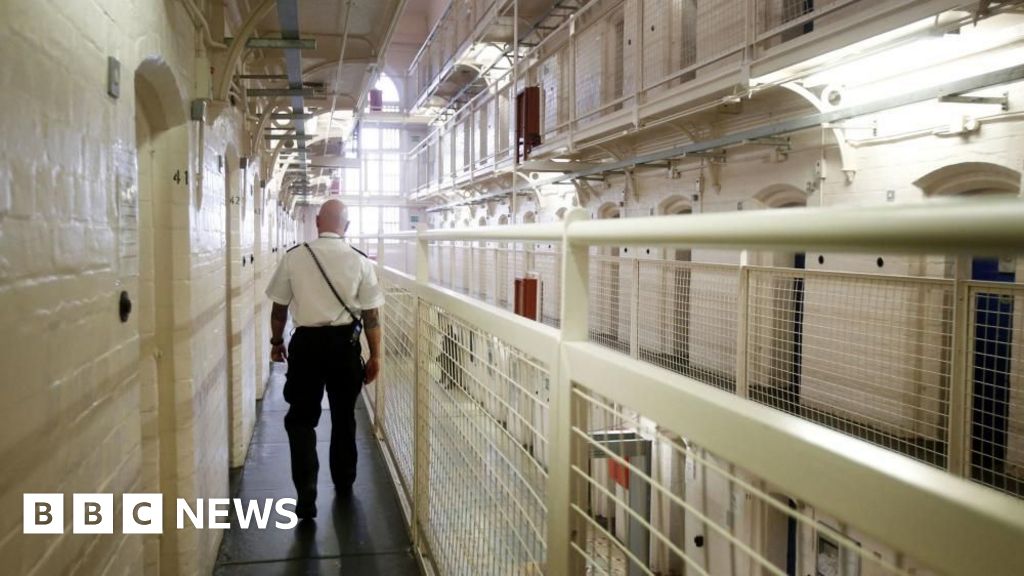ARTICLE AD BOX
 Image source, PA Media
Image source, PA Media
Prime Minister Rishi Sunak has said he is "determined" to get his Safety of Rwanda Bill into law, despite criticism from his own backbenchers.
More than 50 Conservative MPs have backed amendments they say would toughen up the bill, which returns to the House of Commons on Tuesday.
And ex-minister Simon Clarke told BBC Politics Live he could vote against the entire bill if changes are not made.
He said that, left unamended, the bill would "fail on contact with reality".
Asked about splits among Conservative MPs, Mr Sunak said his party was "completely united in wanting to stop boats" and that he was in discussions with colleagues.
"I know everyone is frustrated, I'm frustrated by this situation and they want to see an end to legal merry go round," he said.
"I'm confident the bill we've got is the toughest anyone has seen and think it will resolve the issue once and for all."
In a bid to deter people from trying to get to the UK across the Channel in small boats, the government wants to send some asylum seekers to Rwanda. Labour has criticised the policy as an expensive "gimmick" and says it would prioritise tackling the smuggling gangs.
The government's Rwanda policy was also criticised by the Supreme Court who blocked it on the grounds of concerns about the safety of the East African country.
Following the court decision, the government introduced the Safety of Rwanda Bill which states that in UK law, Rwanda is a safe country.
It also allows ministers to ignore emergency orders from the European Court of Human Rights to suspend a flight to Rwanda while an individual legal case was being heard.
The proposed legislation has been criticised from both sides of the Conservative Party, with those on the right fearing it would not prevent legal challenges, while MPs from the party's One Nation group are concerned that any hardening of the bill would risk breaking international law.
In a bid to change the bill Robert Jenrick - who resigned as immigration minister last year - and veteran MP Sir Bill Cash have tabled a number of amendments aimed at restricting an individual's ability to block their own removal and allowing human rights law to be bypassed.
Lee Anderson, the Conservative deputy chairman, has said he will vote for some of the amendments.
And Business Secretary Kemi Badenoch has not denied a report in The Times that she privately warned the plans did not go far enough.
Sir Simon Clarke - who served as a minister under Boris Johnson - told the BBC there was "a very significant body of support" in favour of amendments toughening up the bill's language.
However, despite the backing, the amendments are not expected to pass, as both the government and opposition parties are likely to vote them down.
If the amendments are rejected, rebel backbenchers will have to decide whether or not to support the bill, without the changes they want.
It could take as few as 29 Conservative MPs to vote against the bill on Wednesday to scupper it.
Image source, PA/Daily Express
Image caption,Rishi Sunak reiterated his desire to get his Safety of Rwanda Bill passed while on a visit to Leigh-on-Sea, Essex
Conservative MPs Mark Francois, Sir John Hayes and Danny Kruger - as well as former Home Secretary Suella Braverman - have suggested they could oppose the bill.
Sir Simon said he would be prepared to vote against the bill arguing that there was "every reason" to believe it would "fail on contact with reality".
"Therefore it is better that we don't maintain what I'm afraid is a polite fiction, that a bill that is still riddled with holes for people and creative lawyers to exploit, will do the job."
He warned that if the bill failed to work the Conservatives would "get destroyed" in the general election, expected to take place this year.
Former Justice Secretary Sir Robert Buckland told BBC Radio 4's World This Weekend programme he would not back the bill if the amendments from the right of the party were added.
"I think already we are pushing the edges of comity - that is that mutual respect between Parliament and the courts - very, very aggressively indeed," he said.
Sir Simon was speaking after a YouGov opinion poll indicated the Conservatives were on course for huge losses in the election.
The polling, reported by the Telegraph, suggests the party could be reduced to just 169 seats.
Former Brexit minister Lord David Frost, who was involved in commissioning the poll, said the only way to "rescue the position" was to be "as tough as it takes on immigration, reverse the debilitating increases in tax, end the renewables tax on energy costs - and much more."
Asked about the poll, Mr Sunak said the only poll that matter was the one "when the general election comes".
Labour leader Sir Keir Starmer said his message to party members and MPs was "ignore that poll" and to "fight like we are 5% behind".

 1 year ago
33
1 year ago
33








 English (US) ·
English (US) ·